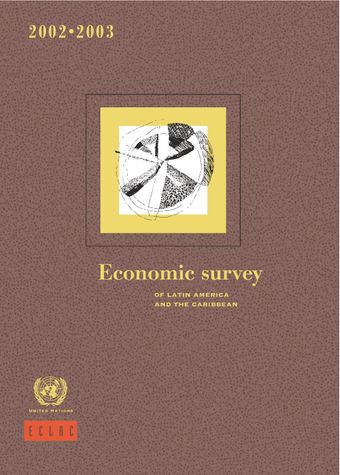Bahamas

- Author: Economic Commission for Latin America and the Caribbean
- Main Title: Economic Survey of Latin America and the Caribbean 2002-2003 , pp 327-329
- Publication Date: December 2003
- DOI: https://doi.org/10.18356/1c6e810c-en
- Language: English
The central government’s deficit widened significantly between fiscal years 2000/2001 and 2001/ 2002, then narrowed in fiscal year 2002/2003 (B$ 16, B$ 95 and B$ 147 million). The 2001/2002 outcome resulted from a decline in tax revenues. These revenues were negatively affected by the events of 11 September, which translated into lower receipts from international trade and transactions taxes. Import taxes, which account for 46% of total tax revenues, declined by 12%. In the same vein, tax receipts from tourism-related gaming and hotel occupancy were also affected (-10%). Finally, lower-than-expected non-tax revenues from fines, forfeits and administrative fees aggravated the problem. Meanwhile, expenditure was determined by transfer payments to public corporations (29%), as emoluments remained within the authorities’ target range and capital expenditure fell short (5%) of the amount budgeted. The deficit was financed from domestic and external sources (52% and 48% of the total). This included 80% of the total supplementary borrowing approved by the legislature in June to pay accumulated arrears due to the negative effects of the 11 September events on government revenues.
-
From This Site
/content/books/9789211558777s004-c003dcterms_title,dcterms_subject,pub_keyword-contentType:Journal -contentType:Contributor -contentType:Concept -contentType:Institution105



